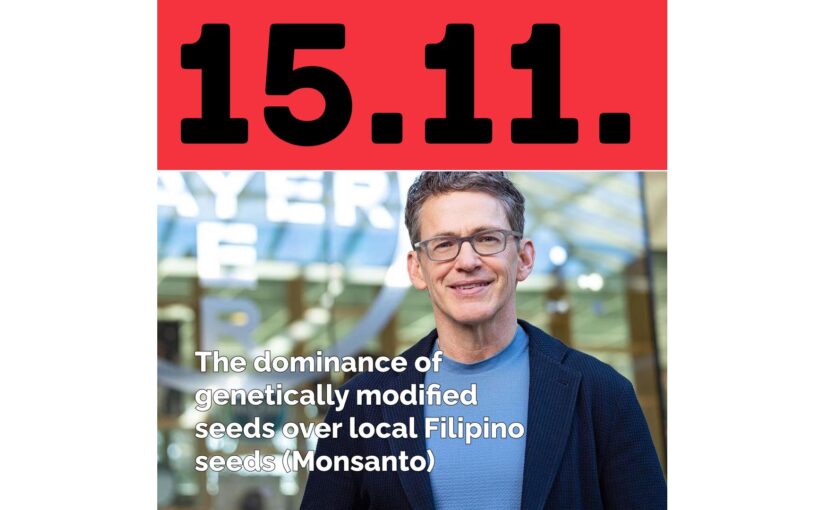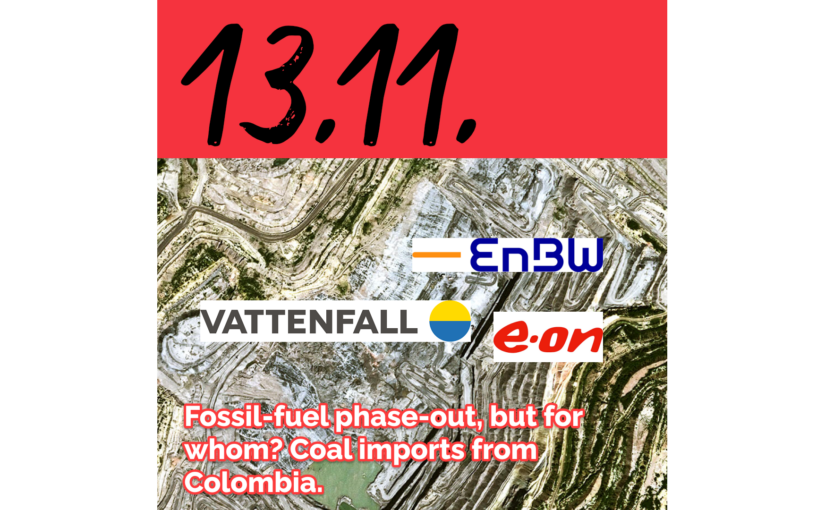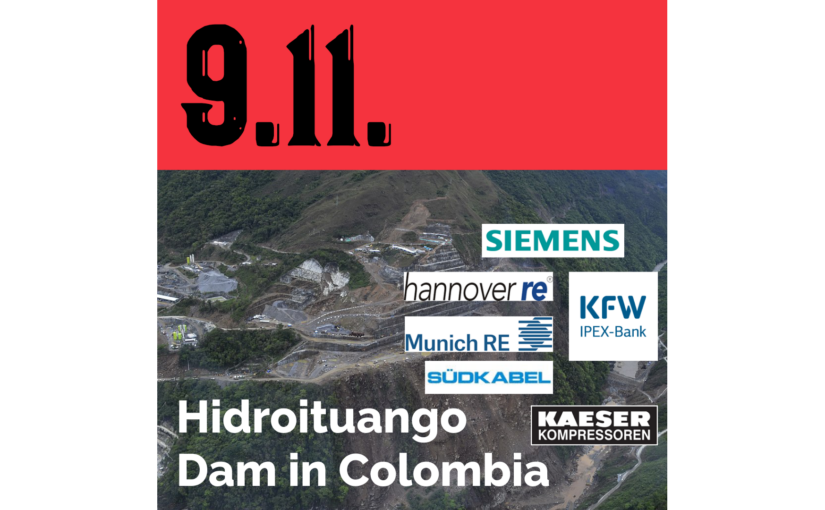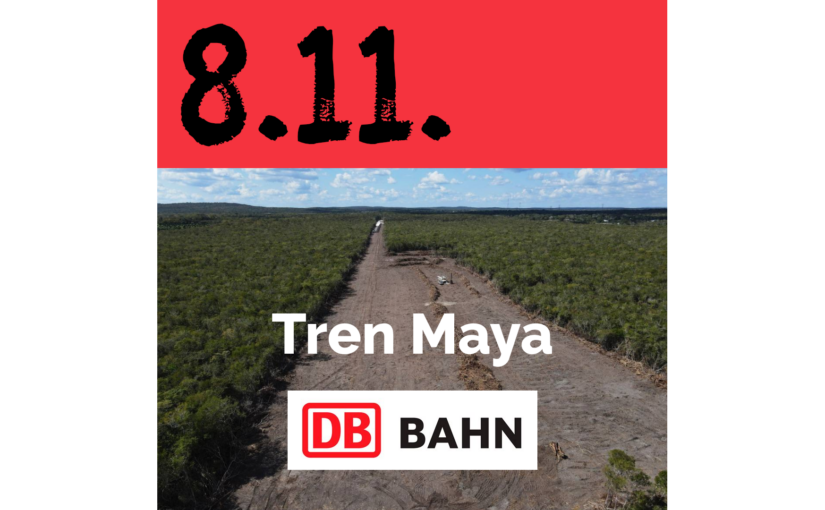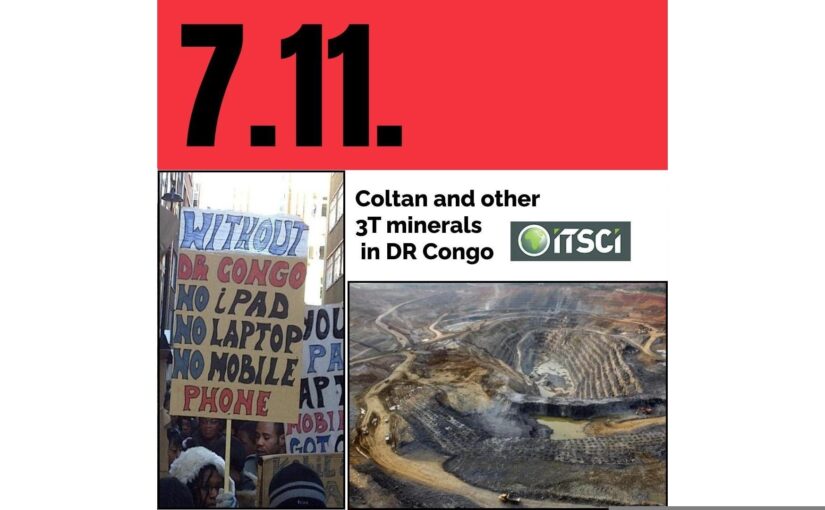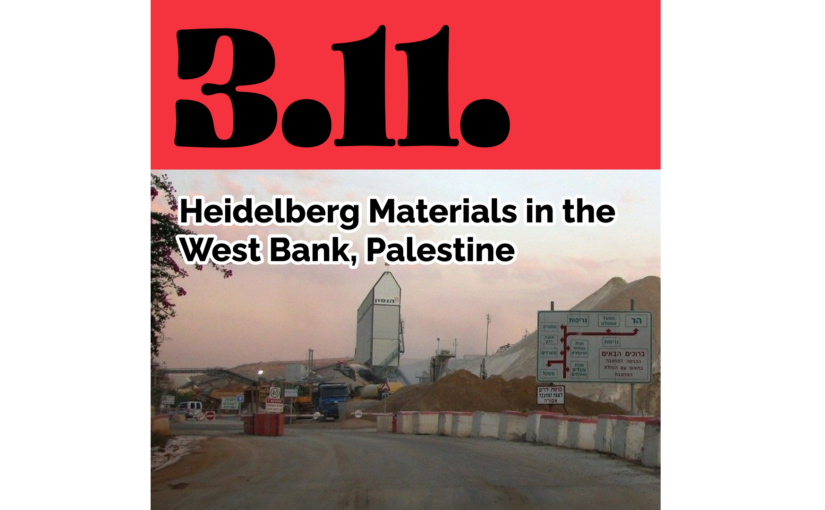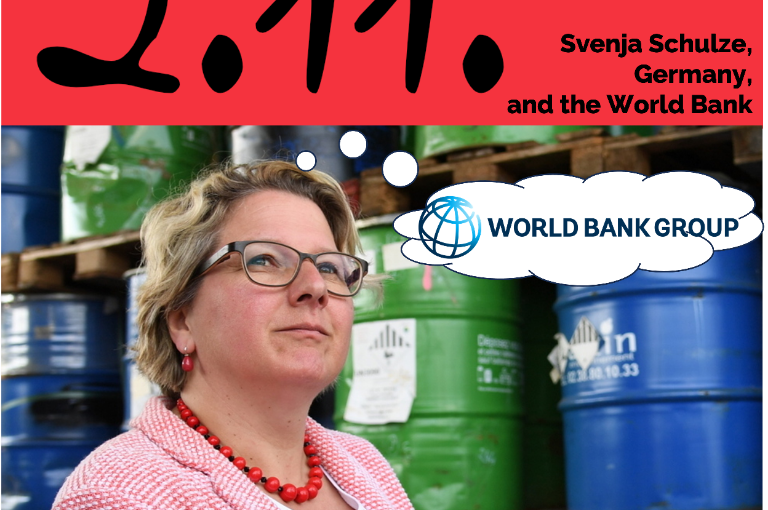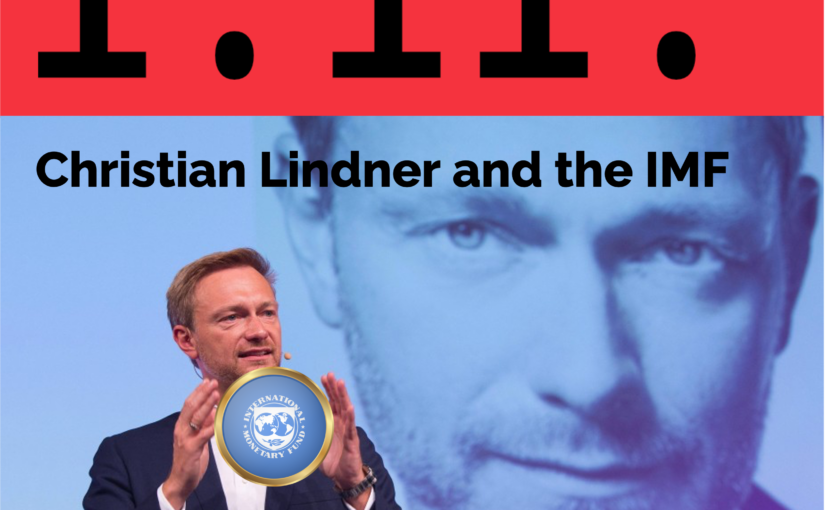Since more than 60 years, Bayer has disrupted traditional agriculture in the Philippines. Its latest endeavour is the planned launch of its Direct-Seeded Rice (DSR) program in 2024, which claims to reduce water use and greenhouse gas emissions by up to 40%. The DSR system introduces patented rice hybrids and herbicides – costly inputs, which will further entrench farmers in a cycle of indebtedness and poverty whilst causing unknown damages to the local environment and communities. Only recently, 50 schoolchildren in Mindanao were hospitalized after exposure to Vindex, an insecticide manufactured by Bayer. Presented as sustainable rice production, DSR is a prime example of greenwashing by poweful transnational companies, reminding us that if it disempowers and impoverishes farmers, it is definitely not sustainable. Farmers have been resisting by improving and sharing local rice varieties, reclaiming their role as stewards of nature.
Mahigit 60 taon na ginulgulo ng Bayer ang tradisyonal na agrikultura sa Pilipinas. Itong 2024, ilulunsad ng Bayer ang Direct-Seeded Rice (DSR), isang programang sinasabi nilang magbabawas sa paggamit ng tubig sa mga palayan at magbabawas rin sa emisyon ng tinatawag na greenhouse gas sa abot sa 40%. Ang programang DSR ay magpapakilala ng mga patentadong rice hybrids, herbicides at pesticides, mga mamahaling karagdagang pabigat sa mga magsasakang Pilipino na magpapatatag lang sa isang walang humpay na siklo ng pagkakautang at kahirapan sa mga buhay nila. Magdudulot din ang DSR ng hindi pa kilalang pinsala sa lokal na kapaligiran at mga komunidad. Kamakailan lang nga, 50 mga mag-aaral sa Mindanao ang naospital matapos silang malantad sa Vindex, isang insecticide na gawa ng Bayer. Ang DSR ay isang na namang halimbawa ng gawaing greenwashing ng mga makapangyarihang transnational na kumpanya tulad ng Bayer. Nakita na ng mga magsasaka na ang programang ito ay higit pang magpapahina sa kilusang mambubukid at magbabaon lang sa kanila sa karagdagang kahirapan. Tumututol ang magsasakang Pilipino sa DSR at sa halip na dito’y higit pa nilang pinagbubuti ang pagpili at pamamahagi ng mga lokal na uri ng palay at ang pagamit ng mga gawaing agrikulturang hindi mapinsala sa kanilang mga kapaligiran. Inaangkin muli ng magsasakang Pilipino ang kanilang tungkulin bilang mga tagapangasiwa at tagapagtanggol ng kalikasan.
Desde hace más de 60 años, Bayer ha afectado la agricultura tradicional de Filipinas. Su última empresa es el próximo lanzamiento en 2024 de su programa de arroz de siembra directa (DSR, por sus siglas en inglés), el cual afirma reducir el uso de agua y las emisiones de gases de efecto invernadero hasta en un 40%. El sistema DSR introduce híbridos de arroz y herbicidas patentados, insumos con altos costos que arrinconarán aún más a los agricultores en un ciclo de endeudamiento y pobreza, además de causar daños desconocidos al medio ambiente y las comunidades locales. Hace poco, 50 estudiantes de Mindanao fueron hospitalizados tras exponerse al Vindex, un insecticida fabricado por Bayer. Si bien se presenta como producción sostenible de arroz, el programa DSR en realidad es un ejemplo paradigmático de green washing por parte de poderosas empresas transnacionales, que nos recuerda que si desempodera y empobrece a los agricultores, definitivamente no es sostenible. Los agricultores han resistido mejorando y compartiendo las variedades locales de arroz, reivindicando su papel de guardianes de la naturaleza.
Seit mehr als 60 Jahren hat Bayer die traditionelle Landwirtschaft auf den Philippinen umgekrempelt. Der jüngste Vorstoß des Unternehmens ist die für 2024 geplante Einführung des DSR-Programms (Direct-Seed Rice), das den Wasserverbrauch und die Treibhausgas-Emissionen um bis zu 40 % senken soll. Das DSR-System führt patentierte Reishybride und Herbizide ein – teure Betriebsmittel, die die Landwirt*innen weiter in einen Kreislauf von Verschuldung und Armut verstricken und gleichzeitig unbekannte Schäden für die lokale Umwelt und die Gemeinden verursachen werden. Erst kürzlich wurden 50 Schulkinder in Mindanao ins Krankenhaus eingeliefert, nachdem sie Vindex, einem von Bayer hergestellten Insektizid, ausgesetzt waren. Das als nachhaltige Reiserzeugung angepriesene DSR ist ein Paradebeispiel für Greenwashing durch mächtige transnationale Unternehmen und erinnert uns daran, dass es definitiv nicht nachhaltig sein kann, wenn es die Bäuerinnen und Bauern entmachtet und verarmt. Die Bäuer*innen haben sich gewehrt, indem sie lokale Reissorten verbessert und weitergegeben haben und ihre Rolle als Naturschützer*innen zurückerobert haben.
Sources: CISDE, PANAP, MASIPAG, GRAIN, BAYER
